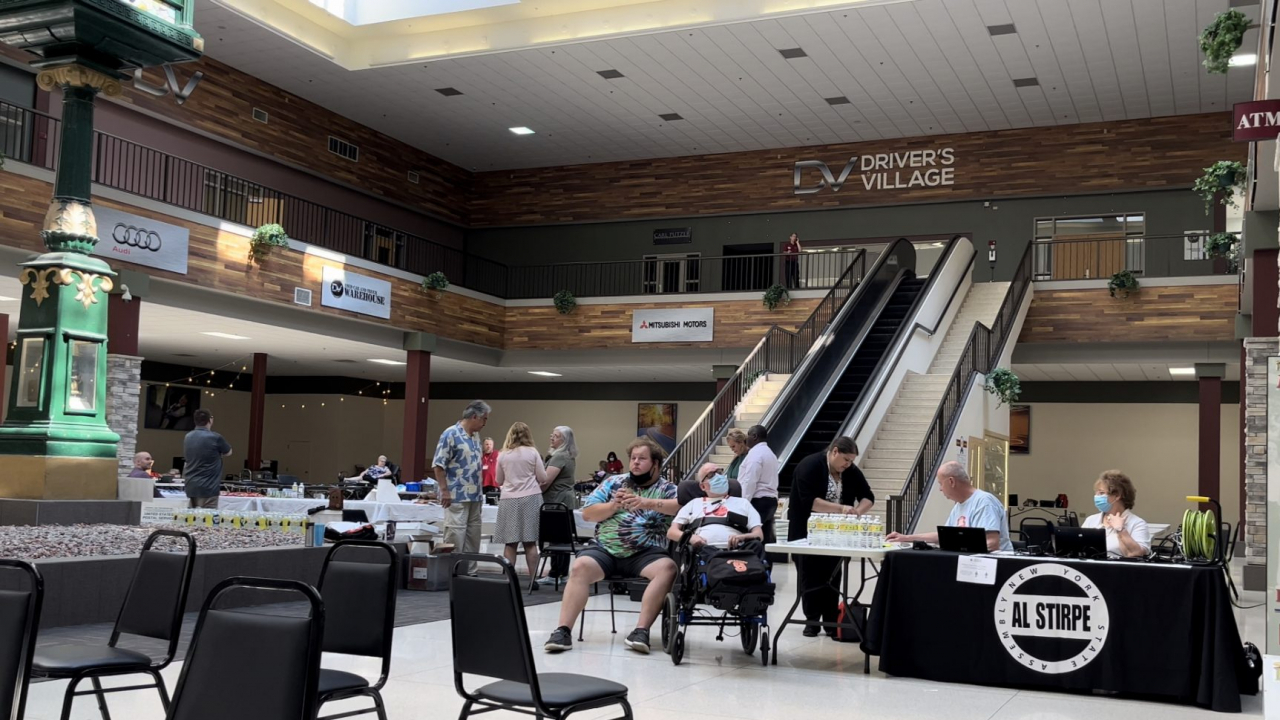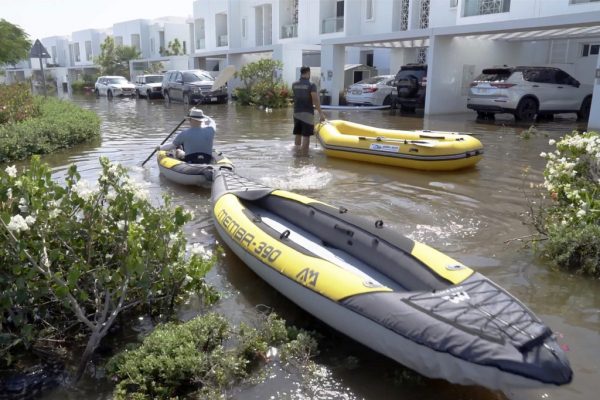
CICERO, N.Y. (NCC News) — There are 6.8 million United States citizens that donate blood every year. While that number may seem high, it is only 3% of eligible blood donors, meaning roughly 220 million people who can donate, do not.
Assemblyman Al Stirpe conducted his 16th annual blood drive on Tuesday. The conference center at Driver’s Village was filled with music, snacks and prizes for those who donated.
An average blood drive collects around 25 to 30 units of blood. But this “mega drive,” as Stirpe called it, is nothing close to average.
In its first year, Stirpe and his staff expected around 150 units. While the Red Cross thought they would not get anywhere close to that mark, Stirpe’s event was able to gather 98 units of blood, making it one of the largest drives in Central New York.
This year, the blood drive did hit the 150-unit mark.
“Each unit of blood can treat three people,” Stirpe said. “So, if you get 150, that’s 450 people.”
While the goal was up near 175 units and more than 200 people showed up to the event to donate. Many were turned away due to restrictions such as having COVID in the past six weeks and traces of hemoglobin in their blood.
Donating blood is very important to Stirpe. His father used to run a drive in his home village of Clyde. Later in life, Stirpe’s father needed open heart surgery which required the use of blood. His mother dealt with transfusions due to ovarian cancer meaning she, too, dealt with blood.
“It doesn’t mean anything unless people show up,” Stirpe said. “The community has really been very supportive right from the beginning.”
Stirpe’s next event on August 27 will focus on recycling paint at Central High School in East Syracuse.




